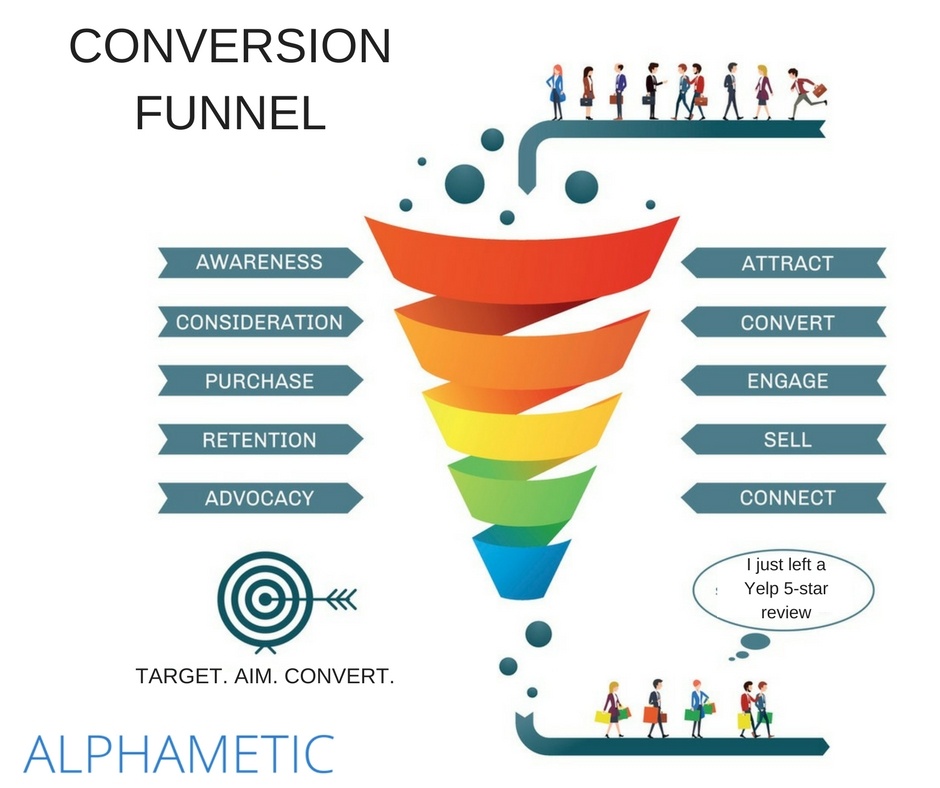Bridal Bliss Insights
Your go-to blog for all things weddings, trends, and bridal elegance.
Automating Fun: The Future of Casino Marketing is Here
Discover how automation is transforming casino marketing! Dive into innovative strategies and trends that will drive engagement and boost profits.
How Automation is Revolutionizing Casino Marketing Strategies
The advent of automation is profoundly transforming the landscape of casino marketing strategies. In a highly competitive environment, casinos are leveraging automated tools to deliver personalized marketing experiences at scale. By utilizing data analytics and customer segmentation, they can effectively target specific demographics with tailored promotions, ensuring higher engagement and conversion rates. For instance, automated email marketing campaigns can send personalized offers to players based on their gaming habits—a strategy that not only increases customer retention but also enhances overall satisfaction.
Moreover, automation is optimizing operational efficiencies and streamlining workflow processes in the marketing realm. Tasks such as monitoring customer interactions, analyzing responses, and adjusting campaigns can be performed with minimal human intervention, freeing up marketing teams to focus on more strategic initiatives. According to industry reports, casinos that embrace automation tools see a significant increase in campaign ROI and a decrease in marketing overhead costs. As the industry continues to evolve, embracing automation will be crucial for casinos aiming to strengthen their market position and drive sustained growth.

Counter-Strike is a highly popular team-based first-person shooter that has captivated millions of players around the world. In this game, players compete in various game modes, often focusing on objectives such as bomb defusal or hostage rescue. For added excitement, players can enhance their gaming experience with exclusive offers available online, like the roobet promo code that can provide bonuses and rewards.
The Benefits of Using AI in Casino Promotions
One of the primary benefits of using AI in casino promotions is its ability to analyze vast amounts of data to create personalized experiences for players. By leveraging AI algorithms, casinos can segment their audience and tailor promotions that cater to individual preferences and behaviors. This enhances customer engagement as players receive offers that are more relevant to their personal gaming habits, thus increasing the likelihood of participation in promotional events. Furthermore, AI can predict future trends and player behavior, allowing casinos to stay one step ahead in a competitive market.
Additionally, AI can streamline marketing efforts by automating several aspects of promotional campaigns. This includes targeted advertising, where AI can determine the most effective channels and times to reach potential customers. According to industry reports, automated marketing solutions powered by AI can improve efficiency and reduce costs, making it easier for casinos to maximize their return on investment. As casinos continue to embrace cutting-edge technology, the integration of AI into their promotional strategies is set to redefine how they engage with their audience, driving both player loyalty and revenue streams.
Will Automation Replace Traditional Casino Marketing Methods?
As the casino industry adapts to the ever-evolving landscape of technology, the question arises: will automation replace traditional casino marketing methods? In recent years, automation has become a driving force behind efficiency in various sectors, including marketing. With the advent of data analytics, customer relationship management (CRM) systems, and AI-driven content generation, casinos are increasingly relying on automated strategies to reach their target audience. This shift allows for a more personalized approach, where marketing messages can be tailored to individual preferences and behaviors, ultimately enhancing the customer experience.
However, traditional methods, such as promotional events and face-to-face interactions, still hold significant value in the casino marketing realm. While automation offers efficiency and scalability, it lacks the personal touch that many players seek. Therefore, rather than completely replacing these methods, it is more likely that we will see a hybrid approach emerge—combining the best of both worlds.
- Integration of automated marketing tools with traditional outreach
- Utilization of personalization alongside community engagement